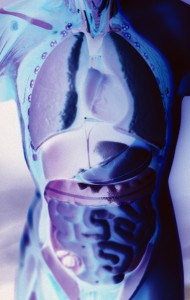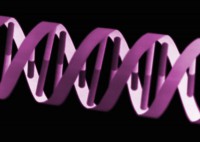
Dealing with the challenges of stage four cancer treatment can feel overwhelming and isolating, but there is good news. Doctors, scientists and researchers are working hard to make advances in cancer prevention and treatment and their efforts are paying off. The latest breakthrough involves creating a personalized vaccine that is designed to target each patient’s cancer.
Immunotherapy
Research shows that one of the best ways to fight cancer is to harness the power of the body’s own immune system. A personalized vaccine does this by telling your immune system to target a tumor. The result is a more focused treatment that isn’t as hard on the rest of your body as radiation or chemotherapy.
No Two Cancers are Alike
Every cancer patient experiences tumors behave differently. That is why a one-size-fits-all approach to stage four cancer treatment simply won’t be as effective as a more concentrated and personalized effort. Immunotherapy actually identifies the genes that are causing mutations and creates a vaccine that will specifically target those cells. This minimizes side effects and produces better results.
Developing Vaccines
A this stage in the process, scientists are still collecting data and trying to streamline all the various components involved in creating a vaccine. It takes time for them to produce a personalized vaccine. Cutting down on turnaround time could significantly increase the number of patients who are able to benefit from this specialized type of therapy.
Immunotherapy and personalized vaccines are just two components of an individualized treatment plan. At Issels®, we have many years of experience in preparing and administering personalized vaccines and also incorporate new methods as they are available. We take a comprehensive individualized approach to treatment because we know that cancer is a very complex systemic disease and every patient is different. Contact us today to find out more.





